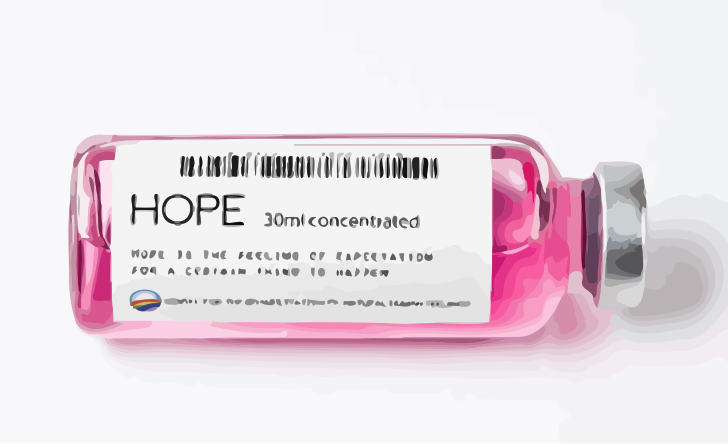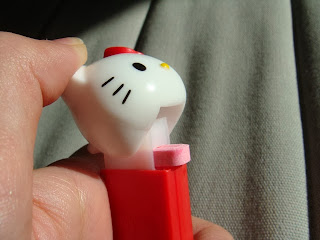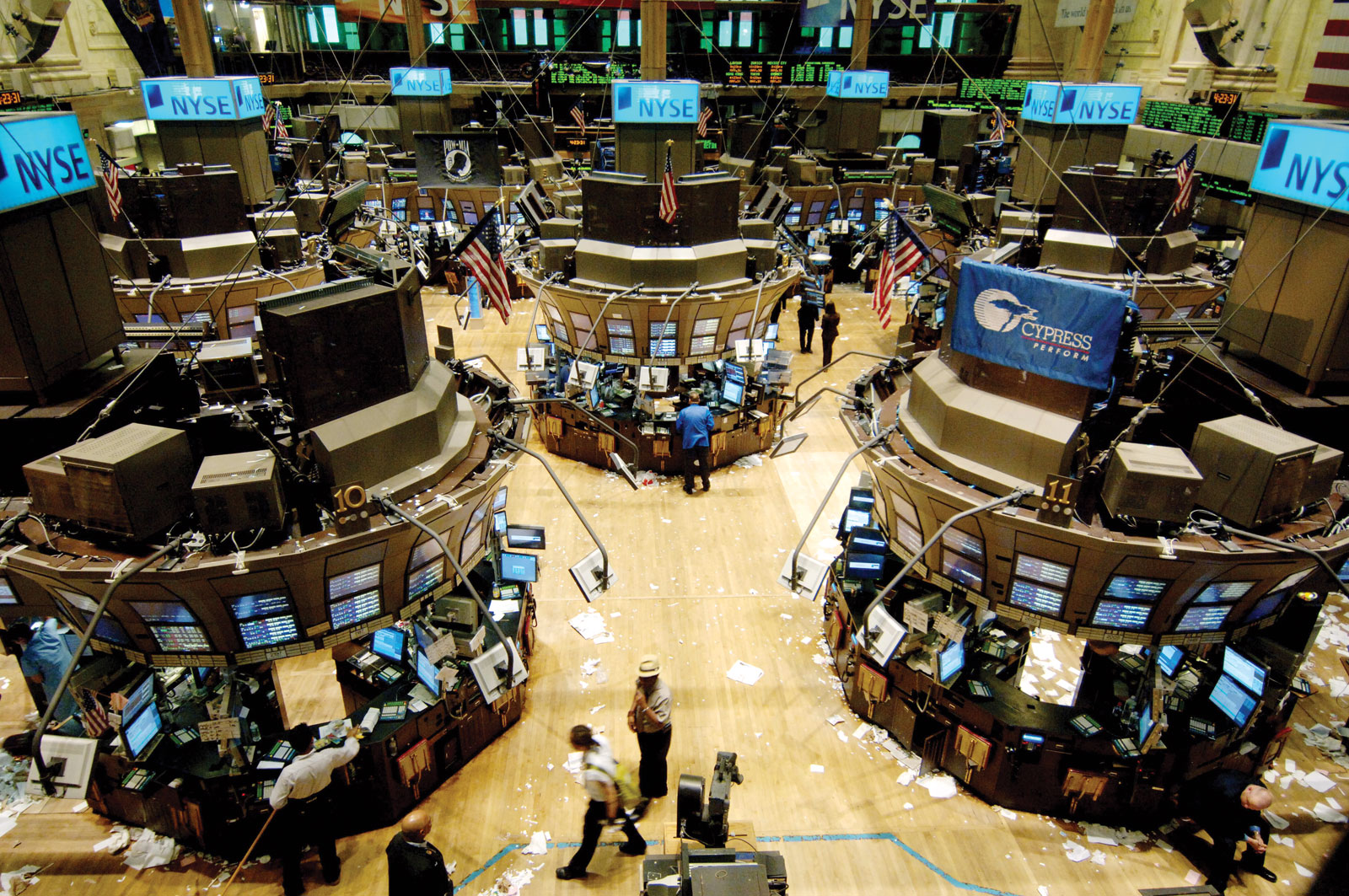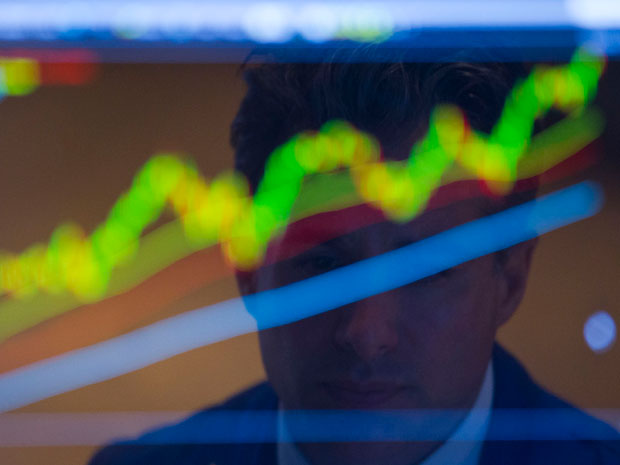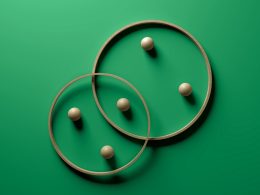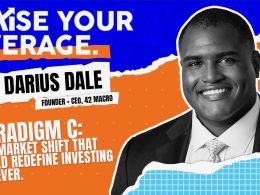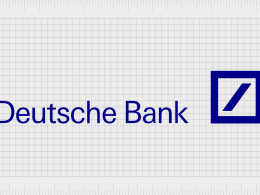China is back at the top of the Financial Market's Pez dispenser of worries. But before we go any further it's probably worth explaining our Pez dispenser of worries theory.
It was the product of trying to work out why an aged parent would fret so much about the simple journey around the London orbital M25 every time they would be coming to visit, to the point that journeys would be delayed by days just to make sure that the traffic situation wasn't a threat (which was ironic as anyone who knows the M25 will know that they based Tuco's character in "Breaking Bad" upon it).
But the answer was simple. He was lucky enough to have nothing better in life to worry about. If you imagine that all your worries in life are piled up in order there is always one at the top getting maximum worry attention, the ones further down just don't seem as important, until, that is, the top one is removed at which point number two worry is promoted and is as worrying as number one was. In other words your worries are stacked like the PEZ sweets in that plastic clown headed dispenser and no matter how many you take off the top there is always a new one at the top and this one always gets maximum attention.
Why raise it? Well perhaps because we start today with China being top of the worry pile again and having had most other worries removed (temporarily at least) it is receiving maximum attention. But we are back to the old conundrum of China. What do we believe and what do we not believe. Chinese economics seems to work like the NDF market. There is the offshore market - what we think is going on, the onshore market, what is really going on punctuated with the odd Fix where the offshore market finds out how wrong it is.
Following on from the last post about consensus we really should have included China and the expectation of troubles ahead via credit. But without better clarity on what is going on there we feel you can't start applying analysis to the 1/nth degree of fineness when there is just so much mist swirling around it that crystal ball.
Which leads us on to another belief that the opacity of information on an investment is directly related to its volatility. Not because the rare reality checks of truth whip it back to normals, merely because without substance there is no proof of error in theory so the percentage of hope to reality in its performance rises dramatically. Or more concisely, in the words of Henri Frederic Amiel "Uncertainty is the refuge of hope". This can be seen with the likes of Bitcoin. Any prediction of true value is as valid as the next and so hope is never destroyed by reality. It's also seen in environmental arguments, health products, homeopathy and religion. The more obscure the reality the easier it is to peddle as a dream.
Equity analysts seem to completely miss this function of hope or expectation when they look at a stock. Their expectations are back modelled from past company performance rather than looking at the big world around it and fail to factor in a hope through opacity function. A dollar bill is worth a dollar (though some would argue that it isn't anymore) but a share in a biotech start up or a film investment is massively geared on hope. High P/Es isn't it?. Which then leads us to suggest that P/Es are the representation of hope but by heck where do you pin down what is normal because we tie ourselves up in a hope derivative of hope.
But hope is an important part of the psychology of markets and it should really be allocated a value as it is peddled mercilessly by those who want to enslave "I can't give you what you want but I can give you hope that I can" and those who want to avoid admission of failure. Why take a stop loss when you have hope? - Just ask the lot who just move the date of expectation after the non-appearance of an apocalypse.
Hope may be a wonderful narcotic and is perhaps comparable to the narcotic of debt that the world is now so dependant on. We are borrowing via hope to counter present unhappiness "hoping" that the future happiness will pay us back. In this respect printing hope is as relevant as printing money (a hope QE) to stimulating an economy. But just like QE and debt, in the wrong hands it can do as much damage as good and as soon as faith in the issuer is lost it's game over. Companies love issuing hope too. It's often cheaper to pay PR companies and HR depts to whip up hope than increase pay.
"We must accept finite disappointment, but never lose infinite hope." Martin Luther King
Or perhaps it is better applied to the business model peddled out on X-factor and other talent shows because without the hope side being near infinite the average outcome of hope and disappointment would not achieve breakeven. We would suggest that MLK was very much on the management side of the game, because if you believe this yourself you will most likely end up in tears.
"Youth is easily deceived because it is quick to hope" Aristotle
The basis of internships in Investment banks, law firms or any other huge institution. Selling the dream lottery ticket of success for the price of 120 hour weeks on very little pay is in effect the new American slavery. At least slavery had the decency to own up to the reality of future years of unpaid servitude. Unfortunately we can also see this is in education policy where huge sums are borrowed to pay for educations that are hoped to lead to gainful employment.
"It is only hope which is real and reality is a bitterness and a deceit".William Makepeace Thackeray
An investment bank intern.
"I hope that I may always desire more than I can accomplish". Michelangelo
Investment banks are full of Michelangelos and that isn't necessarily a good thing.
"I simply can't build my hopes on a foundation of confusion, misery and death... I think... peace and tranquillity will return again."
Anne Frank
Zero Hedge - please read.
"Expecting something for nothing is the most popular form of hope". Arnold H. Glasow
So true for many investments and social policies we are lost as where to start.
———
But we would like to end with our own
"Hope is the overdraft on reality" Team Macro Man.





